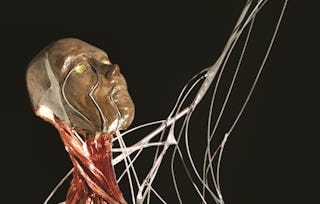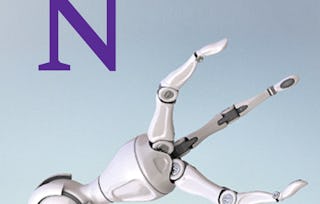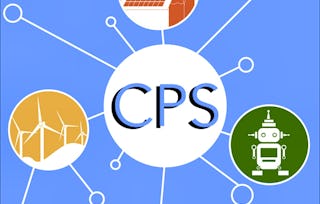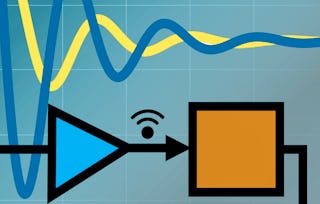The course provides the principles of modelling and simulation of modern mechatronic systems, which are mechanical systems integrated with several types of sensors and actuators. The aim of the course is to show different methodologies to improve the potential of mechanical systems by transforming them into mechatronic systems based on virtual models. In particular, the lessons will be focused on case studies in three engineering fields: robotics, controlled electro-hydraulic actuators and smart devices.

Modelling and simulation of mechanical systems

Modelling and simulation of mechanical systems
This course is part of Autonomous Vehicle Engineering Specialization


Instructors: Salvatore Strano
Access provided by SR University
4,010 already enrolled
26 reviews
What you'll learn
Schematize a real system
Mathematically model multi-physics system
Development of Matlab/Simulink models
Skills you'll gain
Details to know

Add to your LinkedIn profile
18 assignments
See how employees at top companies are mastering in-demand skills

Build your subject-matter expertise
- Learn new concepts from industry experts
- Gain a foundational understanding of a subject or tool
- Develop job-relevant skills with hands-on projects
- Earn a shareable career certificate

There are 3 modules in this course
Computer vision for the control of mechanical systems.
What's included
6 videos14 readings6 assignments
Modelling, control and simulation of electro-hydraulic shake tables.
What's included
6 videos9 readings6 assignments1 ungraded lab
Design and development of a smart tyre.
What's included
6 videos10 readings6 assignments
Earn a career certificate
Add this credential to your LinkedIn profile, resume, or CV. Share it on social media and in your performance review.
Instructors

Offered by
Why people choose Coursera for their career

Felipe M.

Jennifer J.

Larry W.

Chaitanya A.
Learner reviews
- 5 stars
65.38%
- 4 stars
26.92%
- 3 stars
0%
- 2 stars
0%
- 1 star
7.69%
Showing 3 of 26
Reviewed on Nov 2, 2024
it helps me alot in how to design mathematical model of multi physics system
Explore more from Physical Science and Engineering

Università di Napoli Federico II

Northwestern University

University of California, Santa Cruz


